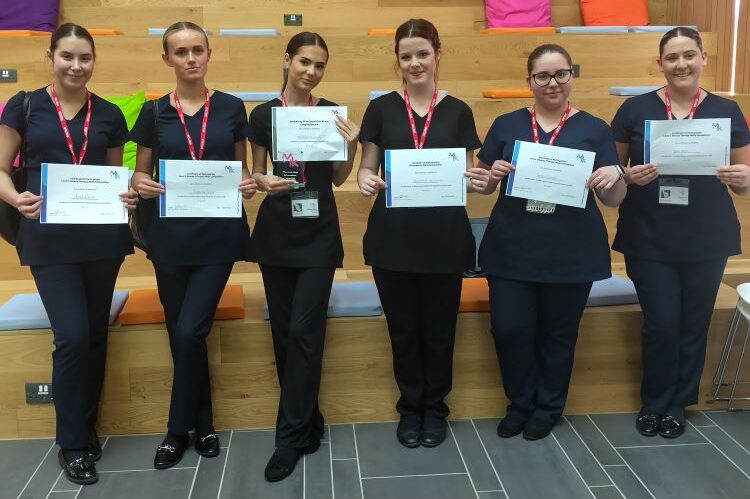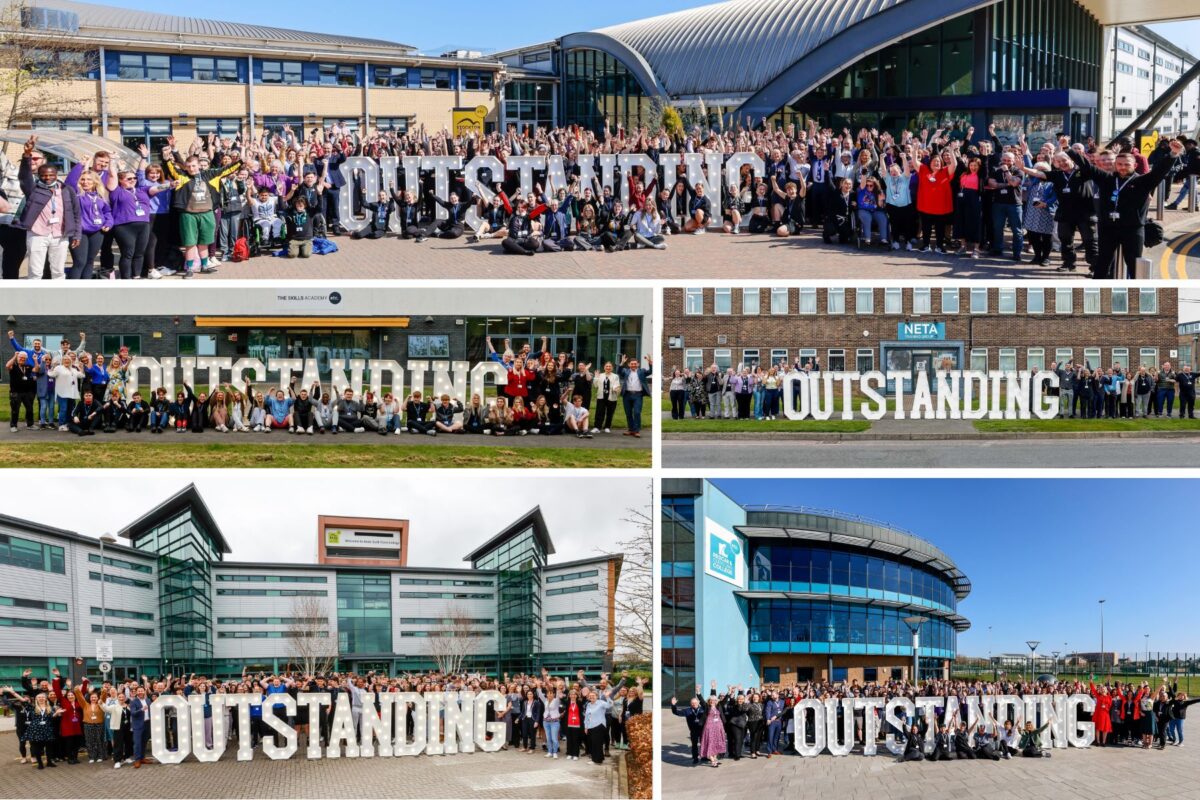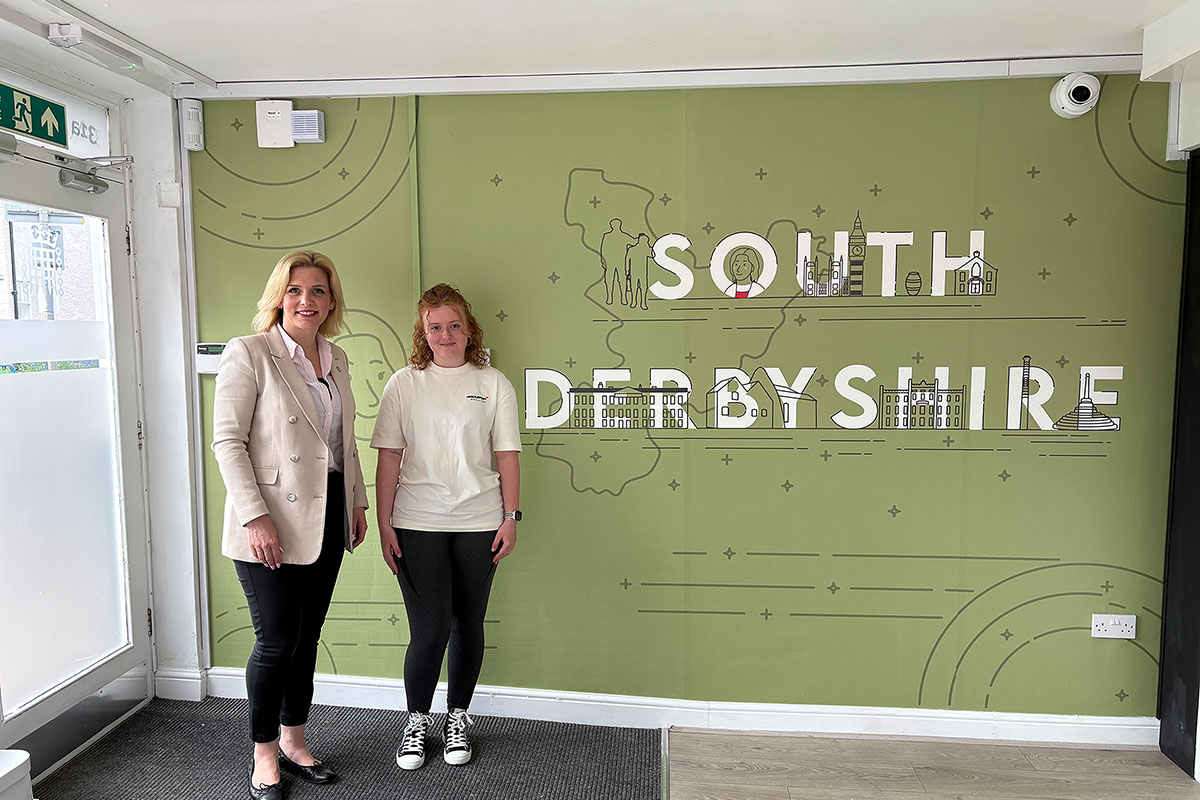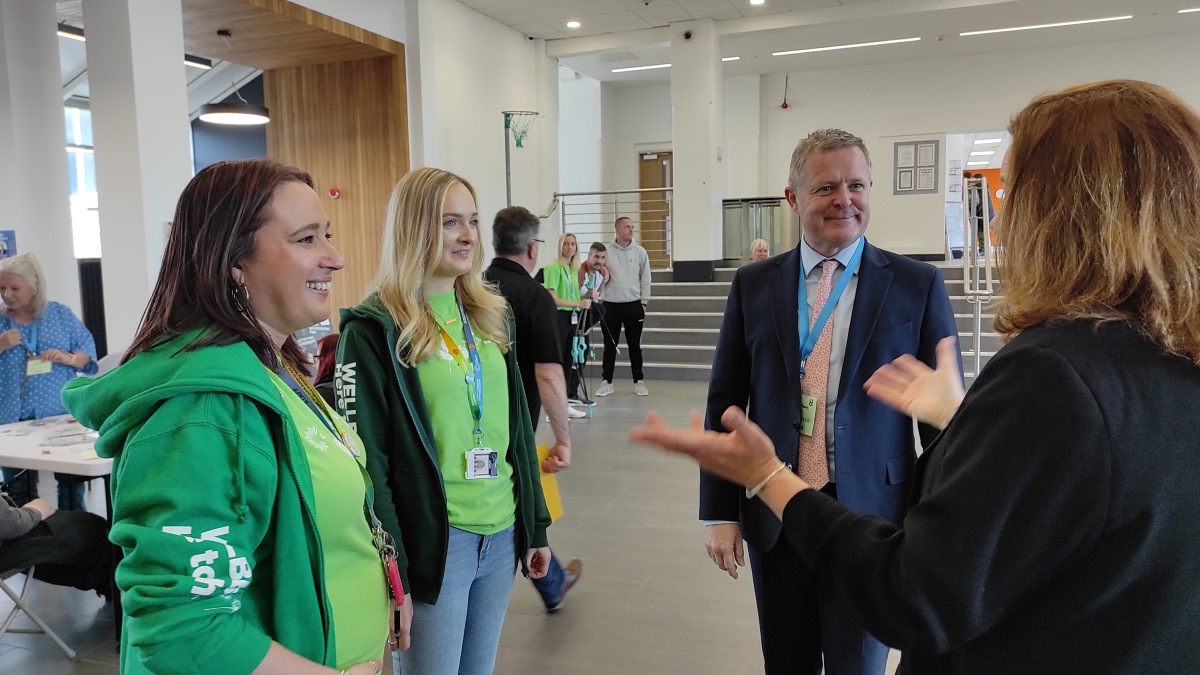Aberdeen University supports research capabilities with supercomputing

Dean Phillips, Assistant Director, Digital and Information Services at the University of Aberdeen, shows how the University’s use of supercomputing has facilitated innovative research both on campus and elsewhere.
The High Performance Computing (HPC) supercomputing cluster, known as Maxwell, is one of the innovative technologies that the University of Aberdeen continues to support and invest in, helping researchers here. The creation of top-quality research is of paramount importance thanks to the vast amounts of on-site and remote computer processing capacity provided by OCF, an HPC, storage, cloud, and AI specialist who designed, integrated, and manages it for us.
The University has dramatically increased its use of HPC during the last couple of years—by 50%. Graduate and post-graduate students are being taught using Maxwell in specialised domains like AI and bioinformatics, topics crucial to contemporary research and STEM professions, giving them a unique opportunity to utilise HPC capabilities.
Aberdeen is a research-intensive university, and having our own HPC system has made it easier for the University to bring in new academics, fund their work, and grow our already successful research and teaching programmes. Access to HPC infrastructure both locally and remotely is very advantageous for our researchers, especially when trying to secure start-up funds.
Supercomputing advances research
Maxwell offers a centralised HPC system for the entire University with applications in medicine, biological sciences, engineering, chemistry, math, and computing science. Maxwell also supports ground breaking research at the university’s Centre for Genome-Enabled Biology and Medicine (CGEBM).
A single desktop computer would need a year to complete the job that Maxwell can perform in a single day with the capabilities of over a thousand desktop computers. The HPC cluster is therefore essential to the ongoing success of research, particularly since we needed to move our work off-campus at the start of the pandemic in 2020. A desktop PC would often take weeks or even months to analyse problems that call for a lot of computational power or a lot of data. These challenges are well suited for the HPC service.
Remote access support
Researchers, staff, and students alike needed continuous access to Maxwell to make use of the enormous amount of computing power required to continue with life-changing research projects because a completely remote way of working had been developed. We improved our efforts by creating digital skills courses for the research community after realising the importance of support. With assistance from OCF, we created Macleod, a teaching and training HPC environment that supports over 30 courses and raises awareness of and knowledge of Maxwell.
The sessions were well received, which increased system adoption as a new pool of people were eager to learn about and utilise it. Working remotely has resulted in a larger active audience that is keen to adopt emerging technology and adjust to new working practises. As a result, when lockdown began, Maxwell’s usage more than doubled, and our HPC cluster’s usage is still significantly higher than it was before the pandemic. This means that results are delivered more quickly, new discoveries and game-changing products are created, and shorter times between science and market are realised.
Local innovation
Another advantage is that we had the foresight to see how the HPC system could assist the larger community and improve people’s quality of life. Therefore, the HPC service has been expanded to support regional business activities as well as the University in order to spur much-needed economic growth and innovation in the region.
At Aberdeen, we are passionate about changing the world and producing results that have an impact on daily life. We have strong ties to Aberdeen’s business community and have collaborated closely with the Small Business Research Initiative (SBRI) to connect with emerging local companies that could use Maxwell to further their research. Maxwell can work with algorithms, advancing AI development to benefit Aberdeen’s NHS.
These are exciting times, and we have a significant role to play. I have experience in clinical research, so being able to help where we can actually make a difference is huge. This is really the very beginning of what is possible. Maxwell has tremendous potential.











Responses